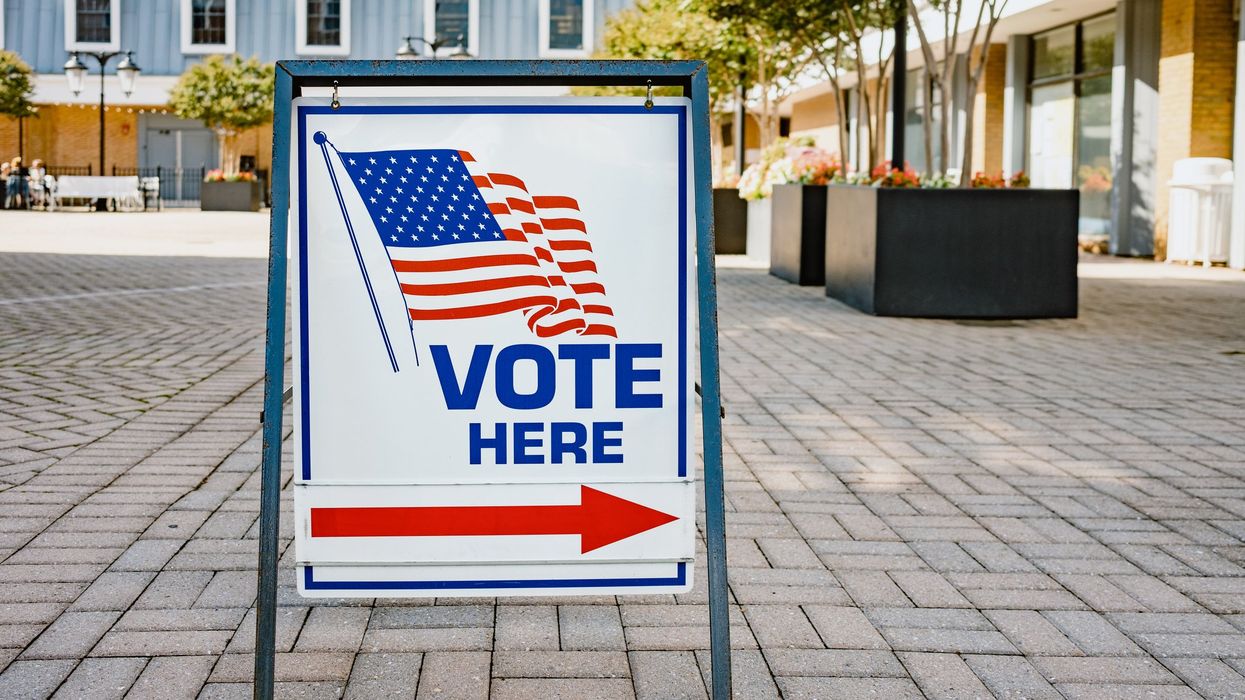President Trump’s election-related executive order begins by pointing out practices in Canada, Sweden, Brazil, and elsewhere that outperform the U.S. But it is Trump’s order itself that really demonstrates how far we’ve fallen behind. In none of the countries mentioned, or any other major democracy in the world, would the head of government change election rules by decree, as Trump has tried to do.
Trump is the leader of a political party that will fight for control of Congress in 2026, an election sure to be close, and important to his presidency. The leader of one side in such a competition has no business unilaterally changing its rules—that’s why executive decrees changing elections only happen in tinpot dictatorships, not democracies.
The Constitution is very clear: the states and Congress determine the time, place, and manner of elections, not the president. Trump’s decree will almost certainly be overruled in court. If not, America is in deep trouble.
Last week, Republicans in the House voted unanimously to pass the SAVE Act, which contains key elements of Trump’s order. The Act requires documentary proof of citizenship to register to vote, meaning significant hassles for citizens who lack passports and birth certificates. The goal is to prevent voting by noncitizens even though many studies have found it’s vanishingly rare.
The full impact is hard to assess but certainly some citizens—of both parties—will lose their ability to vote. In other words, Republicans have chosen fealty to their leader’s false narrative over the rights of their own voters.
The Senate will likely stop the SAVE Act, just as the Supreme Court will likely overturn Trump’s decree. But it won’t be so easy to contain the downstream impact of what’s going on in Washington on state elections and the people who run them.
The oversight and management of state elections are in the hands of secretaries of state, county clerks, and state and county election board members. In nearly every state, these people are deeply connected to—and exposed to pressure from—one competing party or another.
America has long been able to trust that these individuals will abide by the norm of country over party and act with neutrality, even when laws don’t explicitly require they do so. But they now face major political pressure—and political incentives—to put their party first, not their country.
We’ve already seen the downstream impacts on this vulnerable election system of dangerous ideas at the national level. Following Trump’s assertion that the 2020 election was stolen, local officials in eight states baselessly refused to certify election results. Counties imposed deeply flawed ideas like hand-counting all ballots.
The secretary of state position, now a magnet for the politically ambitious, is most deeply vulnerable to the new distortions arising in our politicized election world. In 2022, thirty candidates ran for secretary of state while refusing to accept lawful presidential results. In 2023, eight secretaries of state took their states out of ERIC, the interstate data-sharing system critical to election integrity, just to win points with partisans and conspiracy theorists.
On both sides of the aisle, some secretaries of state have completely abandoned the neutrality their job requires. Ohio Republican Secretary of State Frank LaRose probably changed the result of an anti-gerrymandering ballot initiative by imposing deeply deceptive ballot language. Colorado Democratic Secretary of State Jena Griswold acted with such overt partisanship during the presidential campaign that an impeachment resolution was filed against her.
Next year, elections will take place for secretary of state in 26 states. We shouldn’t be surprised if Republican candidates insist that elections can’t be legitimate without documentary proof of citizenship for registration, deeply undermining trust in the laws of their own states.
We need a huge neutrality campaign to ensure that secretaries of state and others in charge of elections act with strict public neutrality toward all candidates and referenda they oversee and with strict obedience to the rule of law. For the time being, this campaign will need to rely on voluntary commitments—but with enough persistence, maybe the question of “Are you committed to neutrality?” could factor into press coverage of secretary of state campaigns.
Next, we should move beyond voluntary commitments to enact state laws that explicitly require neutrality and enact state constitutional amendments that restructure key positions like chief election officer, election board member, and canvass board member to be less exposed to political pressure. Bipartisan public support is there to make this happen: voters on both sides strongly support impartiality from the people who run elections.
The bottom line is clear: we don’t need banana republic diktats from President Trump or banana republic loyalty from state election officials. But we do need a recommitment across the election ecosystem that puts our country before a party.
Kevin Johnson is the executive director of the Election Reformers Network, a national nonpartisan organization advancing common-sense reforms to protect elections from polarization.




















